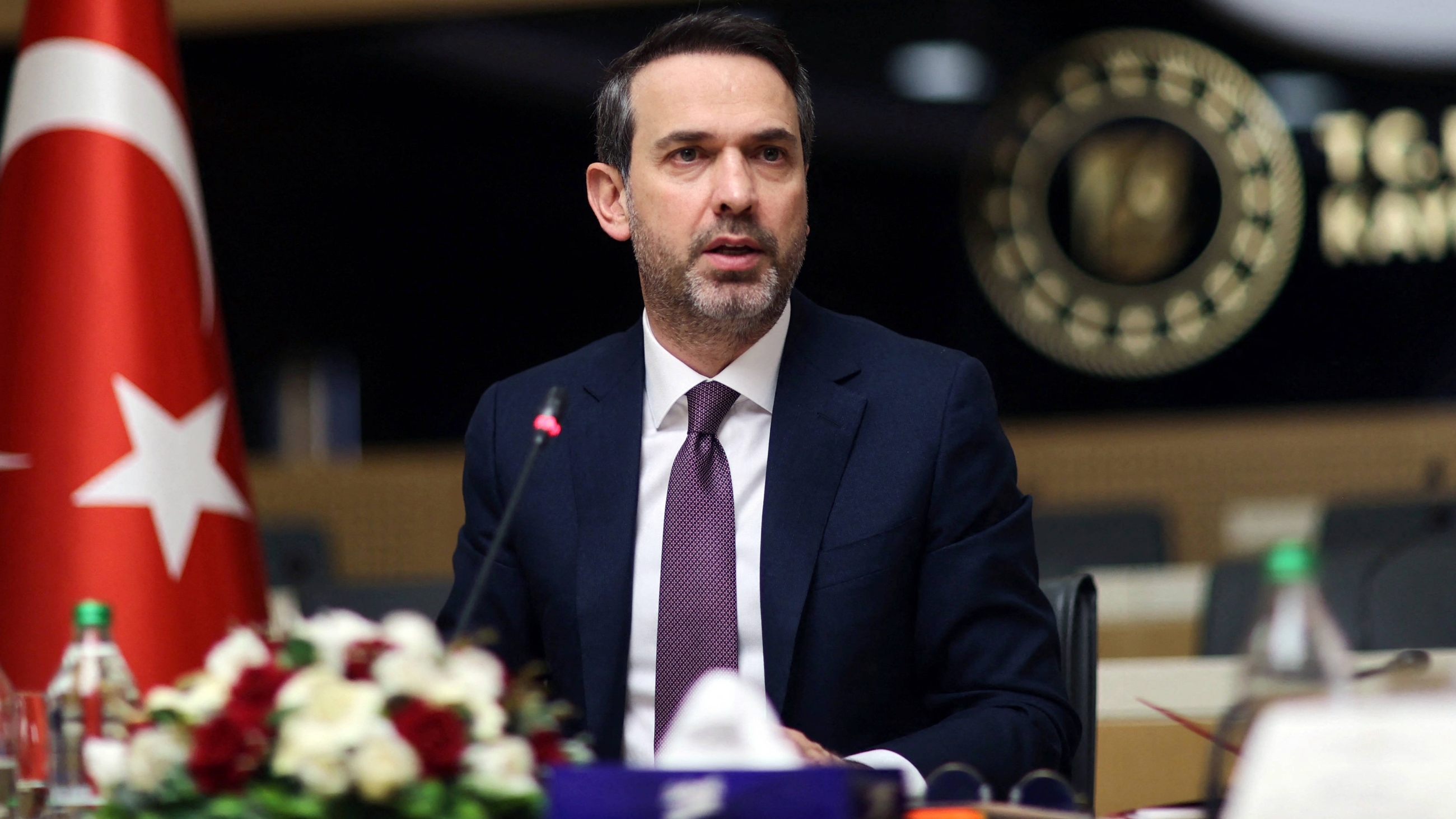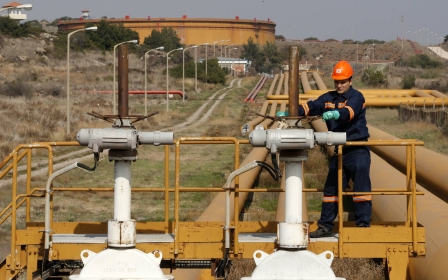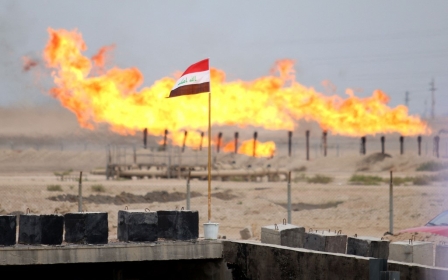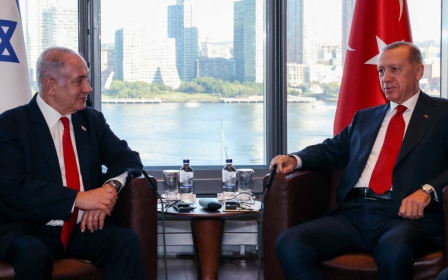Turkey-Iraq oil pipeline to resume in a week, says minister

Turkey is set to restart operations this week by on a crude oil pipeline from Iraq after being suspended for more than six months.
Turkey's Energy Minister Alparslan Bayraktar told the ADIPEC energy conference in Abu Dhabi that within the week Turkey would "start operating the Iraq-Turkey pipeline after resuming operations".
"It will be able to supply half a million barrels, almost, to global oil markets," Bayraktar said, adding that his country had been a reliable transit route for oil and gas.
Ankara stopped the oil flow at the Iraq-Turkey pipeline, which produces about 0.5 percent of global supply, following a ruling by the International Chamber of Commerce (ICC) that awarded $1.9bn to Iraq after a dispute over crude oil exports from Iraq's autonomous Kurdistan region to Turkey.
Ankara publicly cited the need for repairs because of corrosion and damage following the devastating 6 February earthquakes that hit southern Turkey.
New MEE newsletter: Jerusalem Dispatch
Sign up to get the latest insights and analysis on Israel-Palestine, alongside Turkey Unpacked and other MEE newsletters
Last month, Bayraktar said Turkey had filed an application to the ICC asking it to overturn the arbitration decision.
“We are saying that we can have an amicable solution for this issue, but the Iraqi side continues to take legal action,” he told journalists.
“But from the legal perspective, we need to control and we need to take care of our own interests. We will file in Paris court for a set-aside case.”
In the arbitration ruling, the court awarded more than $500m to Turkey for its counterclaims of low capacity at the pipeline and unpaid transportation fees going back to the 1990s. All awards have pending interest rates.
Early in September, Turkey argued at the US District Court for the District of Columbia that Iraq should pay Ankara a net sum of $956m in damages after interest rate calculation.
Middle East Eye delivers independent and unrivalled coverage and analysis of the Middle East, North Africa and beyond. To learn more about republishing this content and the associated fees, please fill out this form. More about MEE can be found here.




